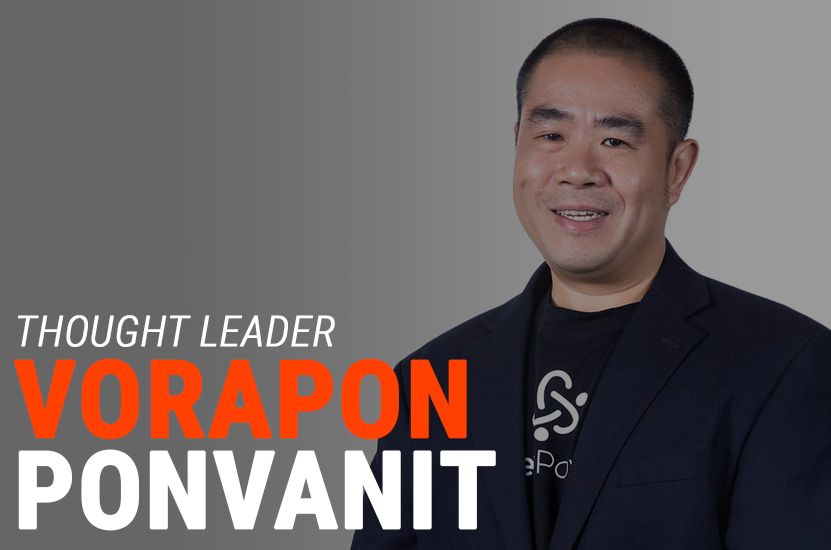“One thing that Thai society lacks is the ability to access funding resources. When I recognized that opportunity usually belongs to people who have better financial status, I personally aimed to create more financial equality, and I have been pursuing it with a platform named PeerPower. The platform allows loan borrowers to receive a reasonable interest, and in the meantime investors receive handsome returns. It is the balance that supports business at all levels to be able to survive” stated by Vorapon Ponvanit (Jim), Founder and CEO of PeerPower Co., Ltd.
Starting Steps of PeerPower
Jim Vorapon Ponvanit has been serving financial markets for over 17 years, also in the role of investor. He expressed a good reason for bringing peer-to-peer lending practices to Thailand as the effectiveness in financial markets in the United States where many SMEs loan applications were usually rejected by commercial banks, resulting in business’s troublesome lack of liquidity. In 2013, Vorapon had an opportunity to experience the peer-to-peer lending model from an American investor. He then decided to undergo further in-depth study under the belief that peer-to-peer lending is valuable and can create positive impacts for both investors who would like to gain continuous revenue and borrowers who need access to funding for their business survival.
Since online peer-to-peer lending is an unfamiliar issue for the Thai financial industry it still lacks of awareness and understanding. From that limitation, PeerPower, under the supervision of Vorapon, targets to continuously to create market awareness, to share knowledge especially about transparency in examination, and to emphasize why PeerPower is recognized as a trusted platform. His willingness has led Vorapon to continuously research SME’s market situation and he found out that there is high demand from SMEs whose revenue is under 150 million baht to access funding resources, due to being segmented as sub-standard debt by Bank of Thailand (BOT)’s policy.
According to the SMEs report by the Bank of Thailand, 38.4 percent of total loan volume was recently projected to SMEs by commercial banks in Thailand, higher than that given to large enterprises and consumer loans. The SMEs loan has soared up to 4,253 billion baht. As a result, the domestic non-performing loan (NPLs) in SMEs increased to 165 billion baht in 2015 from 138 million in 2014, and the growth of NPLs rate in SMEs went up from 3.1 percent to 3.5 percent. Hence, the situation led the banks to experienceloss of revenue, and SMEs became an increased risk for banks.
With the development of the new IFIS9 (Integrated Financial Information System) in 2019 regulators plan to announce with higher interest rate loans, caused by this higher degree of risk from SMEs. That provides less options for SMEs seeking funding resources.
The differentiation of PeerPower is to allow for the possibility of peer-to-peer lending to grow, especially among limitations SMEs are facing. The PeerPower platform is aimed to create new opportunity for both investors and borrowers. The system of peer-to-peer lending is possible and practical as its consideration is not based on only financial business performance, but also previous spending behavior, credit payment and personal credit. In addition, technology is used to support and check transparency between both parties.
Listen Up, the Newcomer Fintech
“Only identifying business pain points and developing products or services to address market demand may not be sufficient. Being a fintech, its industry is unique, and must involve regulatory compliance, macroeconomics, and policy, thus you need to take time to learn and understand these factors. New startups should understand compliance issues and the mechanism of macro and micro economics, and be able to balance all related elements; business, policy, regulation, and technology in order to develop solutions and serve markets. Stated by Vorapon Ponvanit.

